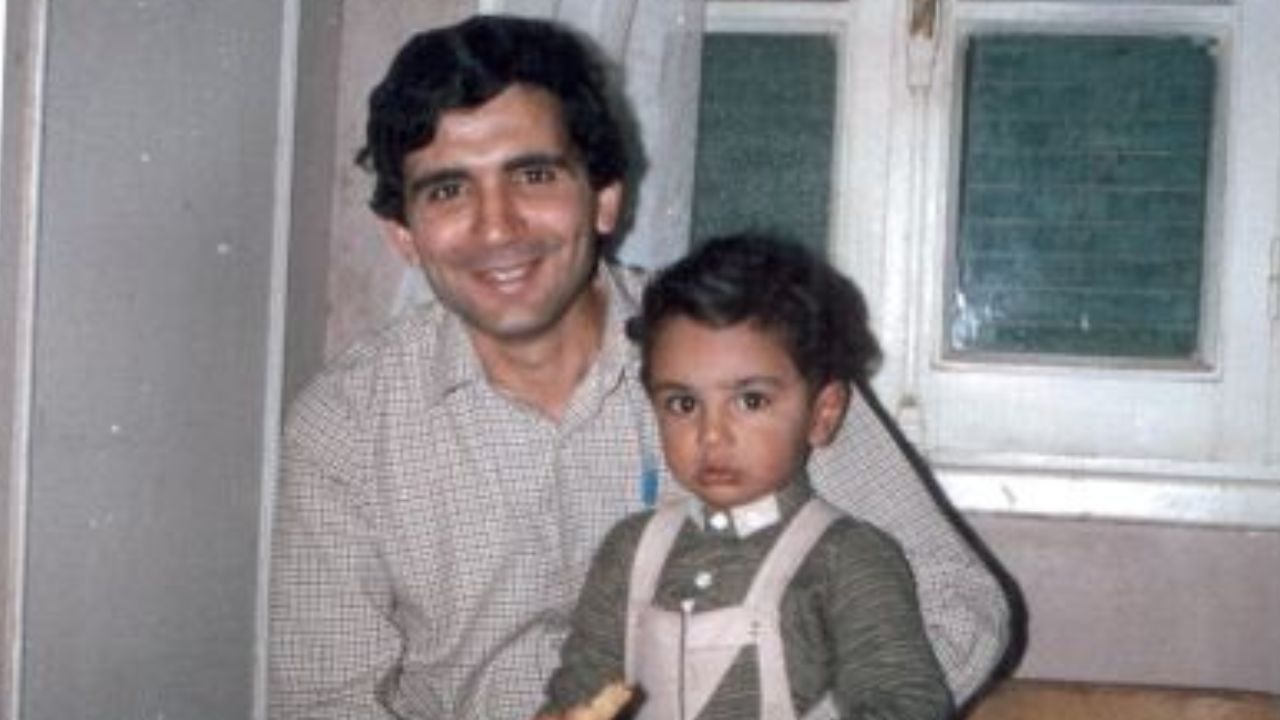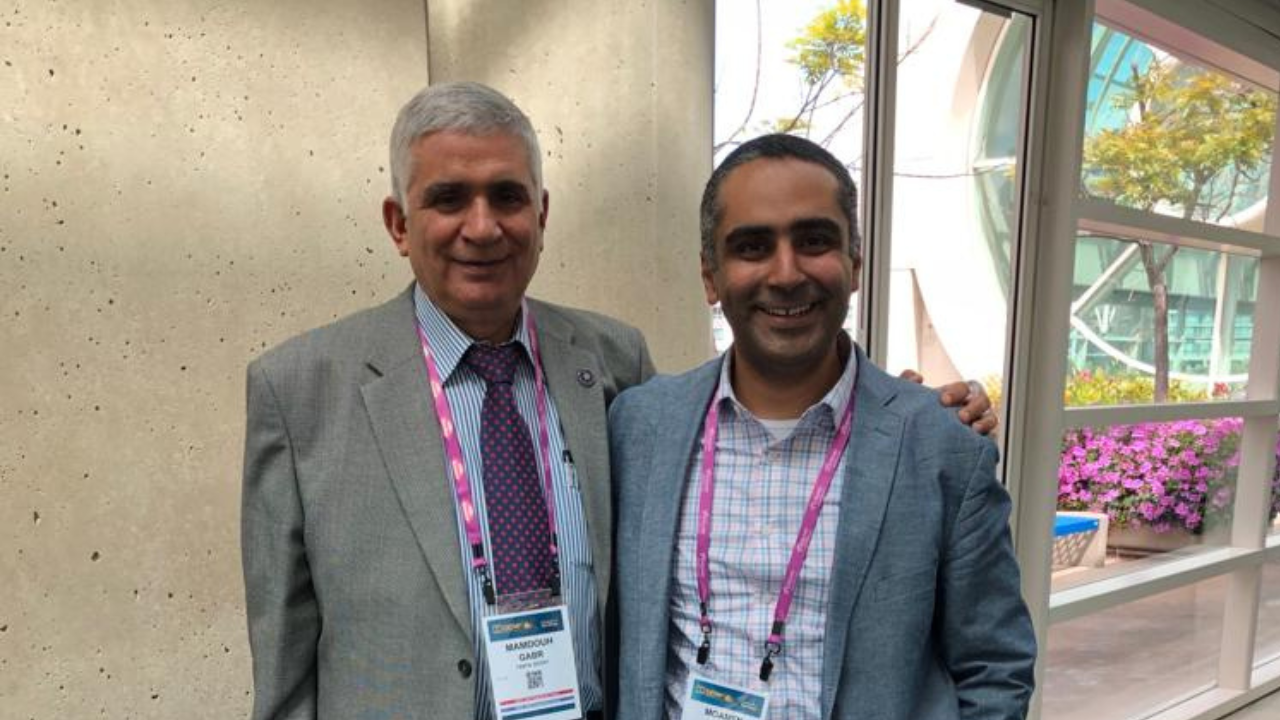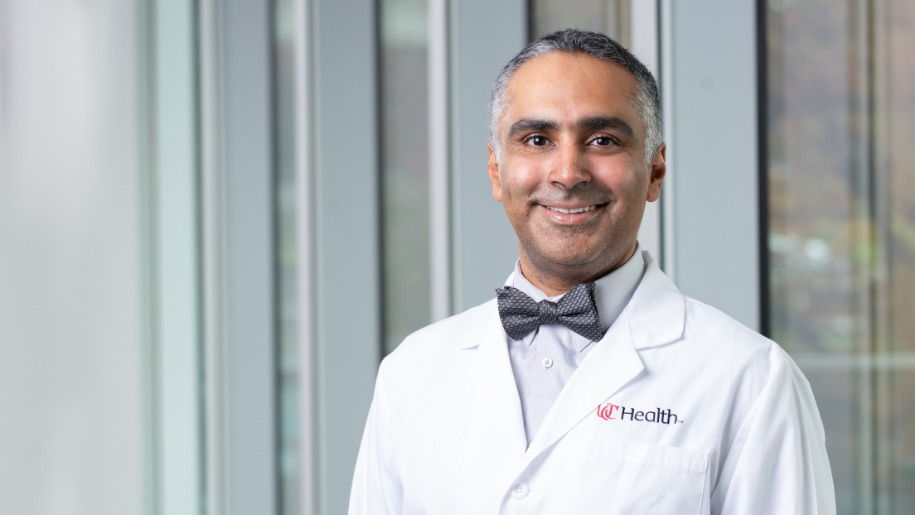The University of Cincinnati Cancer Center recently celebrated its fourth successful endoscopic submucosal dissection (ESD), making it one of the only centers in the region—and the only academic medical center in Cincinnati—offering this innovative treatment for early-stage gastrointestinal (GI) cancers like esophageal cancer.
A New Era in Gastrointestinal Cancer Treatment
Ohio has a higher incidence of esophageal cancer than the national average. When diagnosed at late stages, treatment options are often invasive and limited. But for patients who catch it early, the UC Cancer Center now offers a breakthrough: endoscopic submucosal dissection (ESD), a minimally invasive procedure that removes early GI tumors without surgery.
ESD means no incisions, no prolonged hospital stays, and no loss of organ function. Patients can return to daily life faster, with less pain and fewer risks. As Dr. Moamen Gabr, UC Health interventional gastroenterologist and ESD expert, explains:
“ESD doesn't involve any skin incision. Nothing. It’s performed entirely through the mouth or rectum, depending on where the lesion is. That means faster recovery, less pain, and no change to the body’s anatomy.”
For qualifying patients, ESD can be the difference between undergoing major surgery—and walking out the same day or with an overnight stay after their cancer has been removed.
What Is ESD?
Endoscopic submucosal dissection (ESD) is a minimally invasive procedure used to remove early-stage cancers and high-risk polyps from the digestive tract—without the need for traditional surgery.
Using a thin, flexible scope with a high-definition camera and specialized tools, the physician carefully lifts and removes the lesion from beneath the lining of the GI tract. Unlike other methods, ESD removes the entire tumor in one piece (en bloc), which lowers the chance of recurrence and improves the accuracy of follow-up care.
While similar to endoscopic mucosal resection (EMR), ESD can treat larger, deeper, and more complex lesions, making it ideal for cancers in the esophagus, stomach, colon, and rectum.
Benefits of ESD:
- No surgical incisions
- Shorter recovery time
- Lower risk of complications
- Preservation of organ function
“For some patients, it’s so minimally invasive they can go home the same day,” said Dr. Gabr. “That means less disruption to their life, less time off work, and less anxiety. That’s huge.”
Who Can Benefit from ESD?
ESD is designed for patients with early-stage esophageal, gastric, or colorectal cancer—or for those with large or high-risk benign polyps that can’t be safely removed with a standard colonoscopy.
This procedure is especially valuable for patients who:
· Want to avoid major surgery
· Hope to preserve normal digestive function
· Prefer a faster, less invasive recovery
Because ESD is intended for early-stage disease, early diagnosis is critical. If you or your provider suspect a GI abnormality, UC Health’s expert team can quickly evaluate whether ESD is right for you.
ESD vs Traditional Surgery
When it comes to treating early-stage gastrointestinal cancers, the choice of procedure can significantly impact recovery, long-term outcomes, and quality of life. Here’s how Endoscopic Submucosal Dissection (ESD) compares to traditional GI surgery:
Invasiveness
- ESD: Minimally invasive, no external incisions
- Traditional surgery: Requires abdominal incisions
Recovery Time
- ESD: Outpatient or short hospital stay
- Traditional surgery: Longer hospitalization and healing time
Organ Preservation
- ESD: Preserves the esophagus, stomach, or colon
- Traditional surgery: May require partial or full removal of the organ
Cancer Stage Suitability
- ESD: Early-stage cancers and high-risk benign lesions
- Traditional surgery: Suitable for advanced cancers or those with lymph node involvement
Dr. Gabr has already completed multiple ESD procedures at UC Health, with curative results—meaning patients have been completely cured of cancer without losing part of their colon or esophagus.
“No one wants to cut an organ out unless it’s absolutely necessary,” he said. “For some early cancers, we can avoid all of that. That excites me both professionally and personally.”
Meet the Team: Expertise That Sets the UC Cancer Center Apart
At the heart of the UC Cancer Center’s new GI cancer treatment program is Dr. Moamen Gabr, a leader in advanced endoscopic resection. Dr. Gabr trained at Harvard University, where he first brought ESD to clinical practice. But the story of his commitment to GI care started much earlier.


